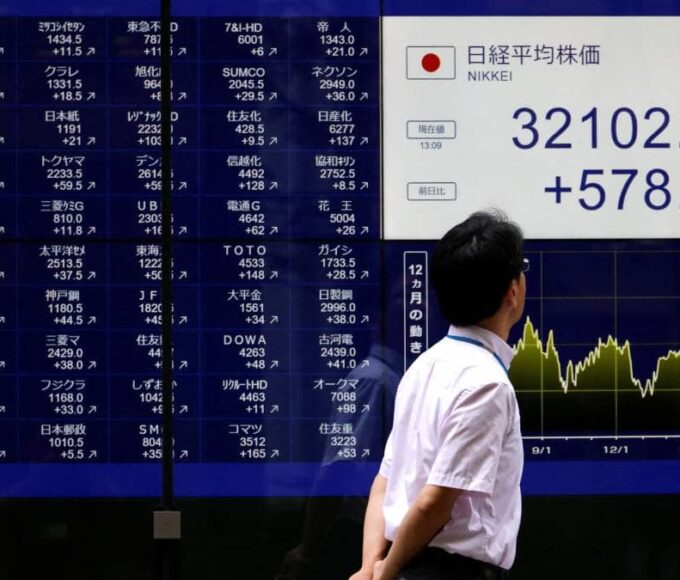Alibaba Group, China’s largest e-commerce and cloud company, has seen its stock price drop by more than 60% from its all-time high. Once a symbol of rapid growth, Alibaba’s shares hit $310 in 2020 but now trade around $120.
Alibaba became a market leader thanks to popular platforms like Taobao and Tmall, along with its cloud services. Between 2015 and 2022, the company grew revenue and profits quickly.
Two major issues caused the stock decline. First, China’s regulators fined Alibaba heavily in 2021 and imposed new restrictions, which slowed its business and allowed rivals like JD.com and PDD Holdings to catch up. Second, China’s economic slowdown hurt growth in e-commerce and cloud sectors.
From 2022 to 2025, Alibaba’s revenue and profits grew slowly, at about 5% per year. Many investors believe the company’s days of fast growth are over. However, Alibaba’s stock now trades at just 16 times its 2025 earnings, which some see as a bargain.
Recently, Alibaba’s revenue growth has stabilized, and profit margins improved. The company earned more in 2025 than in 2024 and began buying back shares. Growth in overseas markets like Southeast Asia and new artificial intelligence tools for its cloud business also supported the company.
Analysts expect Alibaba’s revenue and earnings to grow by 7% and 11% per year from 2025 to 2028. New features such as live streaming and possible spin-offs of cloud and logistics businesses could add value.
In summary, Alibaba faces risks from regulation, competition, and China’s economy. But if trade tensions ease and economic growth returns, Alibaba’s stock price may be undervalued compared to its potential.











